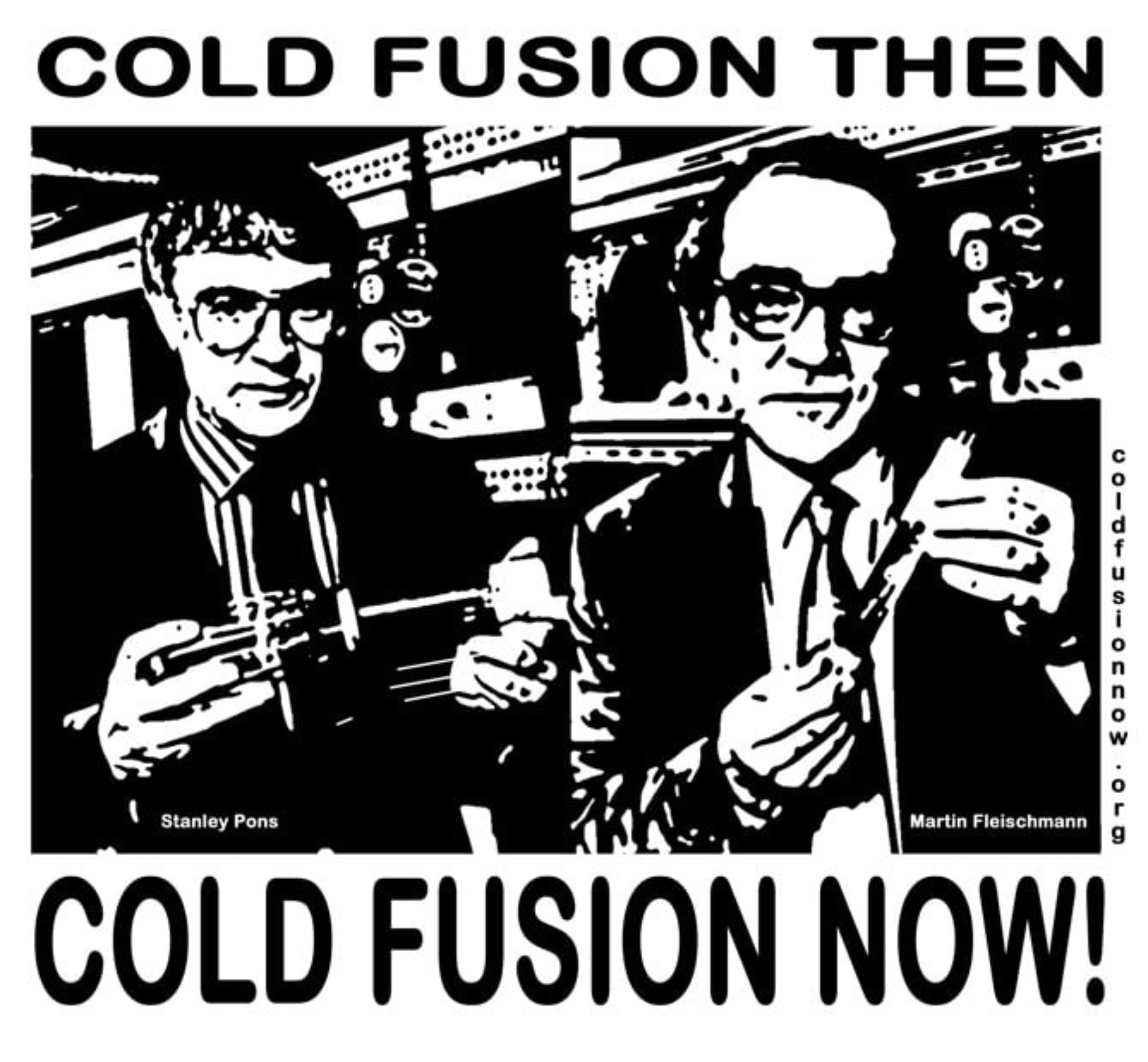Interview with an LENR pioneer who likely needs little introduction: Dr. Michael McKubre. Dr. McKubre is an accomplished electrochemist who has been working in the field of Cold Fusion for over 20 years. He joined Stanford Research Institute in the late 1970s and has served as their Director of Energy Research up till the present day. He has made countless contributions to the field, including important replications in the mid 1990s that demonstrated an important correlation between excess heat and helium production in a variety of experimental setups. He was one of the driving forces in achieving a DOE review of cold fusion in 2004. In 2009 he was interviewed for and prominently featured on the 60-Minutes segment: Cold Fusion is Hot Again, in which the successes of Cold Fusion over the past 20 years were brought into focus.
Early on Dr. McKubre discusses his transition into the field of Cold Fusion having had experience with palladium/deuterium systems in previous work. He presents a clear overview of his experimental efforts spanning from 1989 until 2000. Much of it devoted to verifying A) whether excess heat was a reality, and B) whether there was a statistically significant correlation between excess heat and helium production (as per Miles).
We discuss the work leading up to the 2004 DOE review of Cold Fusion, and the mixed outcomes that resulted from it. He argues that skeptical arguments against LENR have remained rather stagnant, and have not evolved much at all over the years. He applauds skeptic turned promoter Dr. Rob Duncan for his open mind and efforts in promoting the field since 2009. We also discuss the work of Dr. Irving Dardik of the Energetics Group and their use of complex waveforms to increase loading, flux, and reliability.
In regards to which company’s system goes to market first (Rossi, Defkalion, or Brillouine), Dr. McKubre had this to say: “I don’t think first matters…if anyone gets to the market place there will be a position to setup…there’s room for all three of them to succeed and twenty more people to succeed…all of them competing for a very large market…all could succeed beyond their wildest expectations.”
Toward the end of the interview while speculating a bit on theory, McKubre admits that the reaction mechanism still largely remains a black box of sorts; we still are not sure what is going on and will require further experimental data (input/output conditions) before a valid theory can be decided upon. In discussing Ed Storms’ theory of the NAE, McKubre states: “I acknowledge the existence of a NAE…what is going on is a reconfiguration of the lattice…close to the surface…[Ed’s theory] is an interesting one…if it turns out Ed is right, then my hat is off to him…he’s already done more work than anyone in the field…Ed is already a Cold Fusion hero. If it turns out [the NAE mechanism] is true…he will certainly be a candidate for the Nobel Prize…the field deserves a Nobel Prize…if he is right….I will promote him for it.”
In closing Dr. McKubre explains his shifting focus away from pure experimental research and toward helping to commercialize LENR systems.

This is a spectacular interview, McKubre is crystal clear about his experience with cold fusion.
“skeptical arguments against LENR have remained rather stagnant”
Like this one from 2011 on The Randi Show.
http://www.youtube.com/watch?v=3BemTGkjl6U
Alan, quite correct. Funny you noticed that particular video, as I wrote an article about it and the pseudoskepticism it represents a few months ago here: http://jmag0904.wordpress.com/2013/07/27/james-randi-on-lenr-not-even-wrong/
Thanks for the feedback. Take care.
Great article John. I didn’t know that Norman Ramsey was unhappy with the DOE report. So, that makes three Nobel laureates (who I’m aware of) who didn’t toe the party line (Julian Schwinger, Brian Josephson and Norman Ramsey).
Thanks once again Alan. Yes here’s a video of the late-great Gene Mallove from 1998 discussing cold fusion generally and Ramsey specifically: http://www.youtube.com/watch?v=avpoIAKvYmU